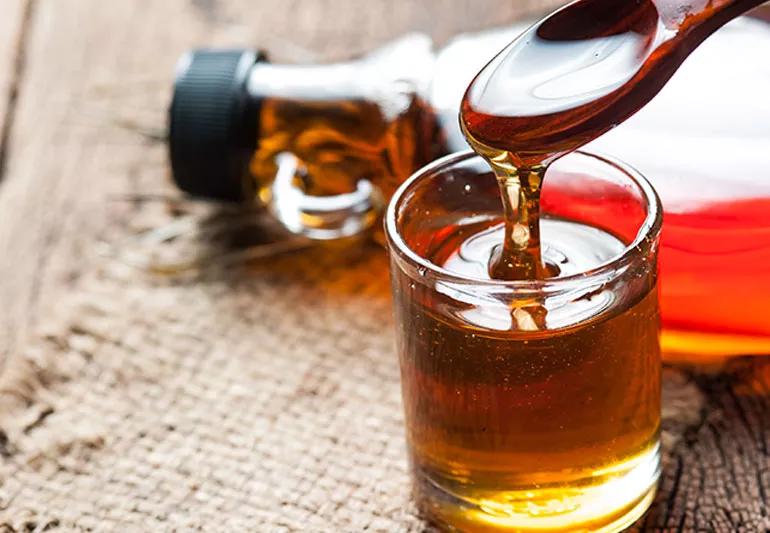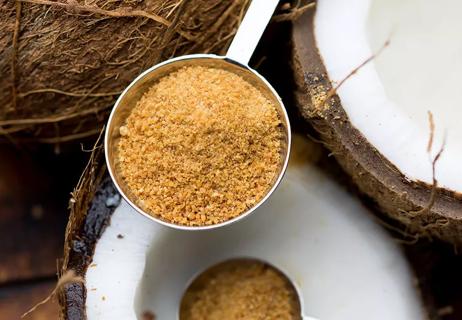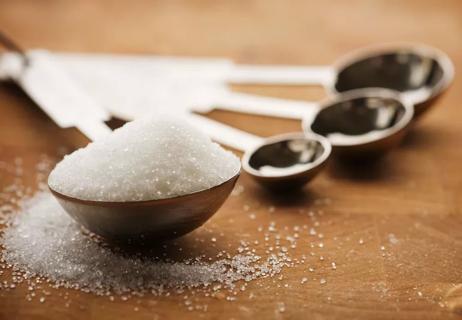The short answer from a wellness dietitian

A: If you’ve been looking for a way to cut sugar from your diet but without losing a touch of sweetness in your day, you may have come across discussions about maple syrup as an alternative. Some studies suggest that maple syrup’s antioxidant plant nutrients (known as phenols) offer health benefits. Antioxidants are key to fighting unhealthy substances in your body known as free radicals.
Advertisement
Cleveland Clinic is a non-profit academic medical center. Advertising on our site helps support our mission. We do not endorse non-Cleveland Clinic products or services. Policy
Of all the sugars available, I like maple syrup because of the nutrients mentioned above. It can be used with whole grains (in baking, in buckwheat pancakes) for fiber to prevent blood sugar and insulin swings. Just be sure to use pure maple syrup; many store-bought maple syrups are just sugar-heavy syrups with maple flavoring.
While comparable in calories and carbs, maple syrup has a lower glycemic index than sugar. Also, because maple syrup tends to be sweeter, theoretically you can use less of it. But moderation is key, as it is with any sugar.
More research is needed, though, before we consider maple syrup the next superfood. Some studies don’t consider the impact of maple syrup on insulin and blood sugar. Maple syrup is a sugar with no fiber attached to it which means eating too much of it will cause swings in your blood sugar and insulin. This could lead to hunger, potential weight gain and other adverse health effects.
So while it can be a decent substitute for sugar, I can’t yet recommend maple syrup to my patients as a “healthy choice.”
If your goal is to improve your health, eating green leafy vegetables, whole grains, olive oil and other Mediterranean diet staples will give you lots more bang for your buck. Numerous studies prove that these foods lower your risk of chronic disease.
Advertisement
—Wellness dietitian Kristin Kirkpatrick, MS, RD, LD
Advertisement

Sign up for our Health Essentials emails for expert guidance on nutrition, fitness, sleep, skin care and more.
Learn more about our editorial process.
Advertisement

A high-sugar diet can trigger a chain reaction that may raise your risk

You can reduce how much added sugar you consume by tracking what you eat, reading labels and limiting portions of the sweet stuff

A high intake of sugar can cause an increase in ‘bad’ cholesterol and a decrease in ‘good’ cholesterol

Often labeled as ‘diabetes-friendly’ or ‘calorie-free,’ these sugar substitutes warrant caution

There is an indirect link between the sweet substance and the condition

It’s touted as a healthier alternative to cane sugar, but basically, well ... it’s still just sugar

Sugary foods don’t always taste sweet, and they may not say ‘sugar’ on the label

Don’t skip meals or go ‘cold turkey’ — eat a balanced diet and talk to your doctor instead

Even small moments of time outdoors can help reduce stress, boost mood and restore a sense of calm

A correct prescription helps your eyes see clearly — but as natural changes occur, you may need stronger or different eyeglasses

Both are medical emergencies, but they are very distinct events with different causes